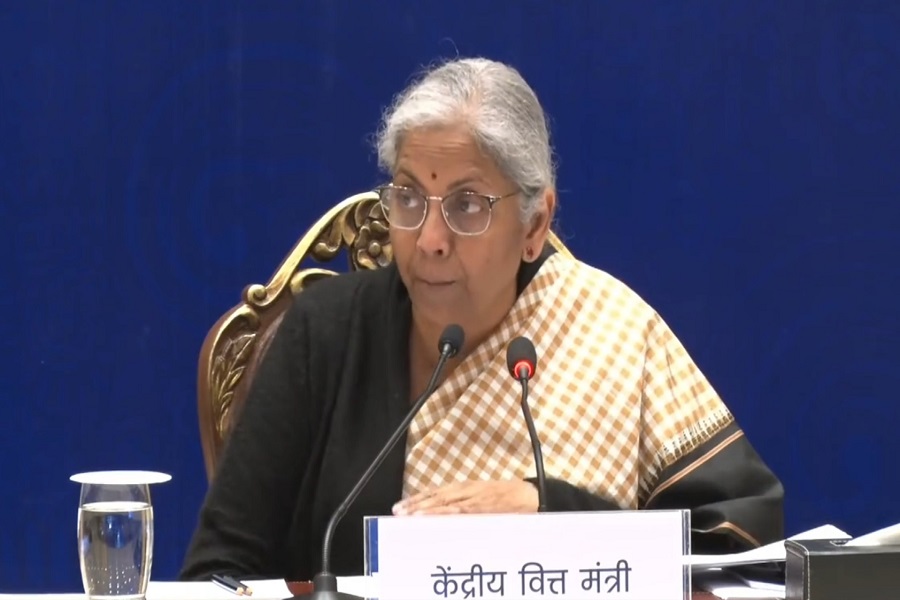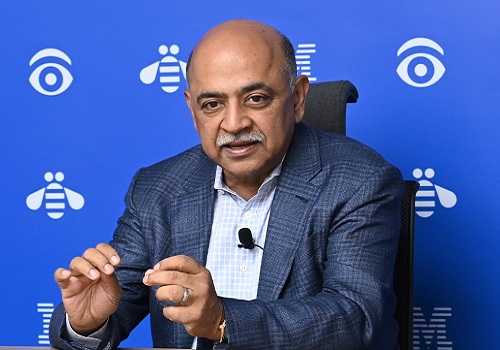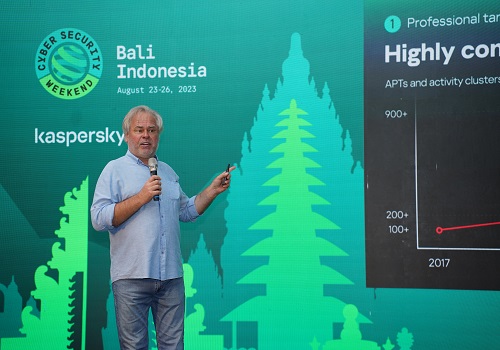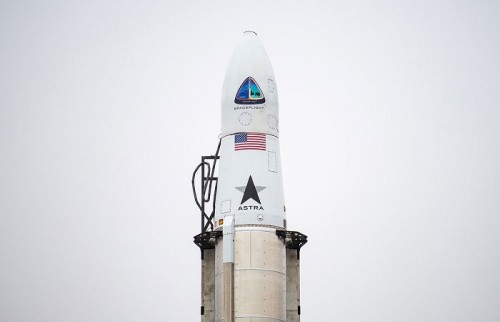AI helps create better, simpler hepatitis, Covid-19 tests

Follow us Now on Telegram ! Get daily 10 - 12 important updates on Business, Finance and Investment. Join our Telegram Channel
Using Artificial Intelligence (AI) US researchers, including one of Indian origin, have developed a simple test that works for both hepatitis C and Covid-19, and delivers results in just a few minutes.
The test was 97 per cent accurate for SARS-CoV-2 and 95 per cent accurate for the most prevalent version of the hepatitis C virus found globally, the researchers reported in the journal Cell Reports Medicine.
The simplified test developed by University of Florida scientists currently happens in one small test tube, but it could arrive at doctor's offices soon and, one day, become available as home tests that are as easy as a pregnancy test.
"We are trying to build a home-based test that is as reliable as a lab-based test," said Piyush Jain, Professor of chemical engineering who led the latest research.
"Our objective is to develop a simple test that eliminates the need for expensive equipment and provides results in just 10 to 20 minutes," he added.
Using AI, Jain's group developed a system known as a one-pot reaction because the entire test happens in one small test tube.
These tests, based on a technology known as RT-LAMP, can amplify small portions of a virus's genome and produce a visible signal when it detects the virus.
Reading these tests can be as simple as looking for a blue colour or using a small device that detects a change in the test tube.
To determine the difference between a false positive and a true positive, Jain said he is combining another technology called CRISPR.
However, the RT-LAMP technology requires a temperature of 150 degrees Fahrenheit, while CRISPR works best at 100 degrees Fahrenheit.
That difference makes tests far more complicated requiring two separate reactions -- too complicated for at-home use.
To bridge this gap, Jain's group turned to AI tools to analyse a CRISPR enzyme that thrives at 140 degrees and discovered changes to make it survive at 150 degrees.
"It's very challenging for any human to do this kind of analysis on an enzyme. We didn't have to spend years; we could make these improvements in months," Jain said.
"With everything working at the same temperature, now we are able to combine everything in a true one-pot reaction we call SPLENDID."
The team successfully verified their simplified SPLENDID test on clinical samples from patients with hepatitis C or Covid-19.
Although it didn't work well against all other less predominant versions of the hepatitis C virus, straightforward changes to the test should quickly improve its accuracy, Jain said.












 320-x-100_uti_gold.jpg" alt="Advertisement">
320-x-100_uti_gold.jpg" alt="Advertisement">












